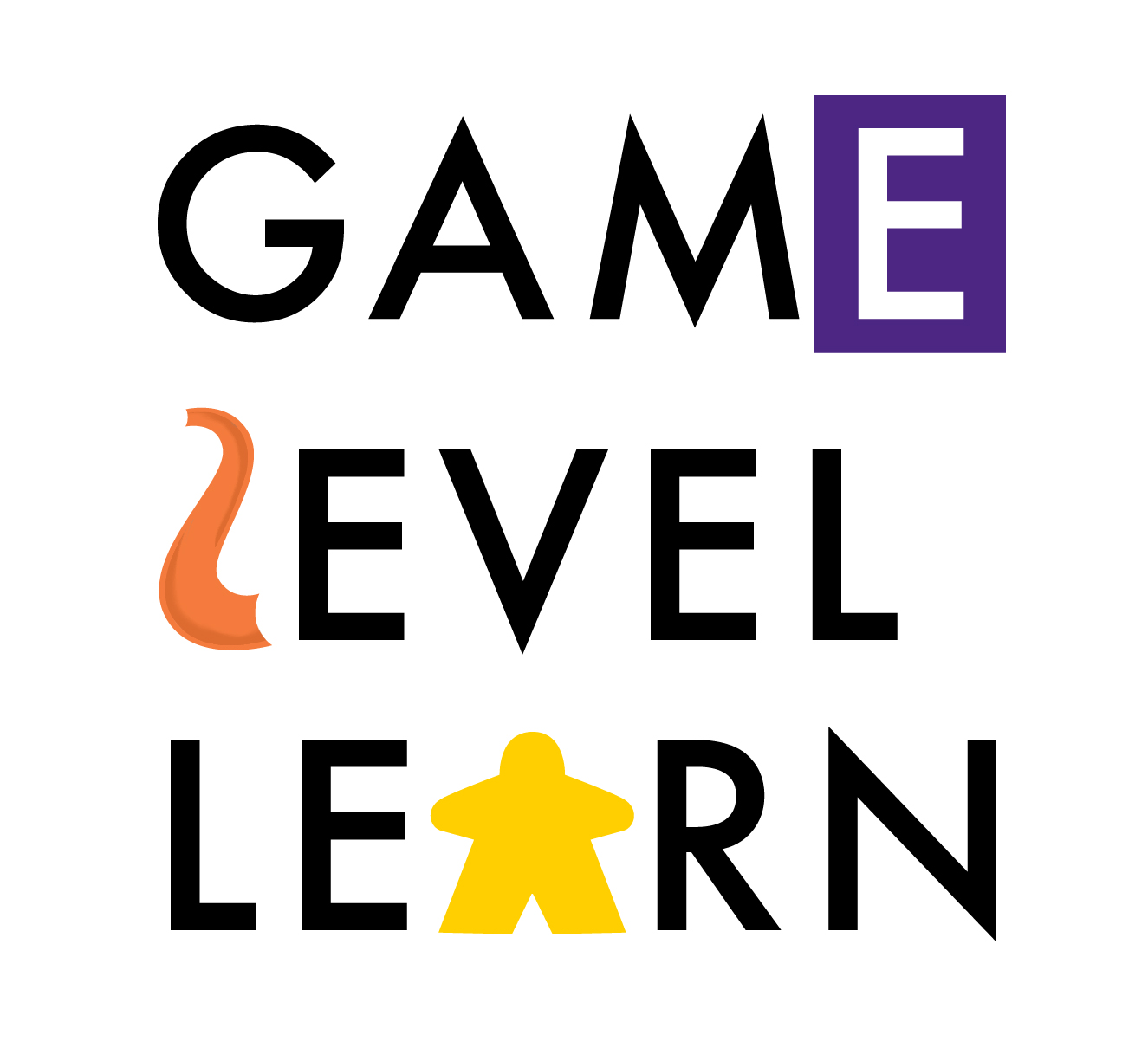"Game On"
/Zendo - a great game for learning about the scientific method and critical thinking.
This site is a community for gamers, teachers and students to learn from each other and to make games and game-based methods a bigger part of their learning and their work. This section of the site is devoted to the games themselves. The games I'll discuss in this section will usually have three properties:
- They are fun to play.
- There is something about the way the game works that could be applied to a learning context.
- The game isn't necessarily a game one would play in class (without modification).
The argument I'm making is pretty straightforward (and there are plenty of folks who disagree)...the game mechanics that make games fun is more important to teaching and learning than any individual game.
Perhaps this is your first go-around with games and education. If so, what follows is for you. This is a version of a blog post I made a number of years for those new to games. I hope it helps if you, like them would say "I understand how play might motivate students and I know my students play games, but I don't play games. Where do I start!"
The best place to start is by doing a little mental inventory. Surely nearly everyone has played tic-tac-toe, checkers, chess or backgammon. I bet you've played Candy Land or Chutes and Ladders or Uncle Wiggly. You've probably also played other great games of the American golden age of games like Monopoly, Sorry, Clue, Careers. If you've played them, you've got a good start on the basics of game mechanics and game-based motivation.
From there, let me make some suggestions (and if you haven't played these games, find a 5-year old and break out Chutes and Ladders...a far better game than Candy Land, if you ask me…).
Got a smartphone? Try Words With Friends (which I play and would be happy to play with any of you - my WWF id is joncassie) and Angry Birds (which I don't play, because I know I'll get sucked in and never get back out). They are pretty good examples of mobile play. WWF is asynchronous, which is a feature of a lot of games these days.
If you've graduated beyond Monopoly and Risk, I would start with one or two games, generally considered "gateway" games to the more complex German-designed boardgames. The first is called "Settlers of Catan," in which you harvest and combine resources to build a settlement on the island. Simple rules; complex strategy. The other is called "Ticket to Ride," in which you are building a railroad network across the country trying to link up certain cities (which you have in a hand of cards) while your opponents are trying to build their own network. I like "Ticket" a lot more, but "Catan" is a classic. Or visit your friendly, local game store (just about every city and town has one) and get their suggestions. They may have better ones. If you're interested in 2-player games like checkers and chess (abstract strategy), see if you can find a copy of Dvonn or Zertz. Both are 2-player abstract strategy games, highly accessible and very, very fun.
If you've got a gaming console (a PS3, Wii or Xbox), I would heartily recommend games like Super Mario Galaxy (for the Wii) as a definitive example of what Wii is about or the Wii sports games that make such great use of Wii's special motion controllers. I have heard outstanding things about games like Assassin's Creed and L.A. Noire has received enthusiastic and well-deserved praise.
If you've got a desktop or laptop computer, you can't go wrong with Portal 2, an insanely fun puzzle game with a deep story element. I have long been a fan of The Sims franchise as well and Sims 3 doesn't disappoint. Directing the lives of your avatars (sims) as they grow up and live their lives is totally addictive.
The final frontier in gaming commitment might be the MMO. I play World of Warcraft and, now that the first twenty levels are free, you could get a sense of how the game works without taking the big plunge. Other MMOs are much smaller and I don't have any experience with them, but I'd love to hear from players of these other games.
So - go play and report back!!


